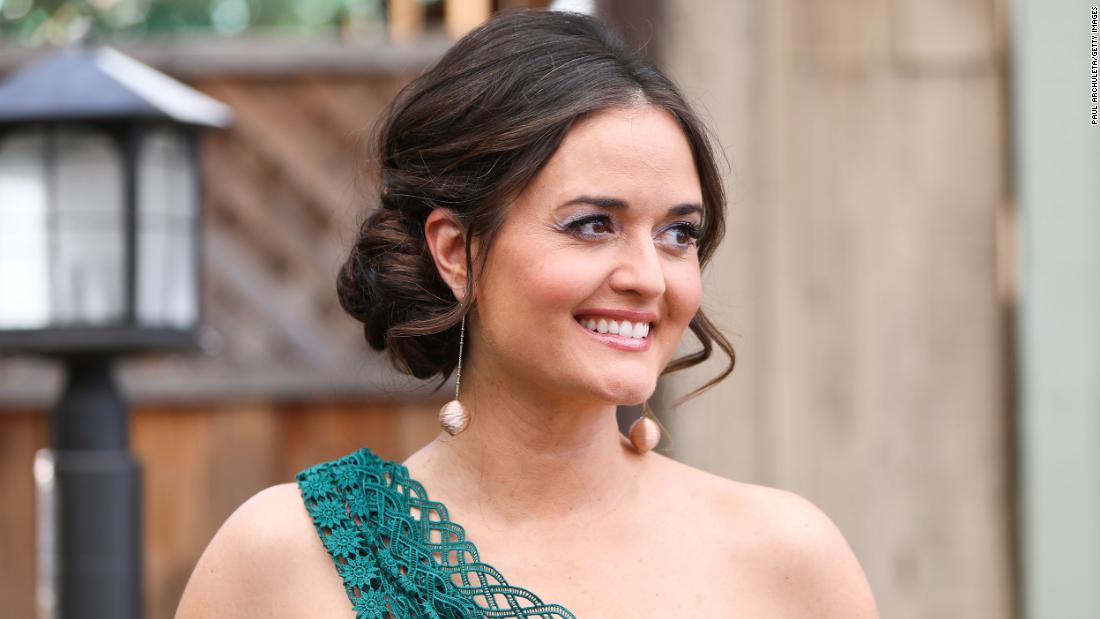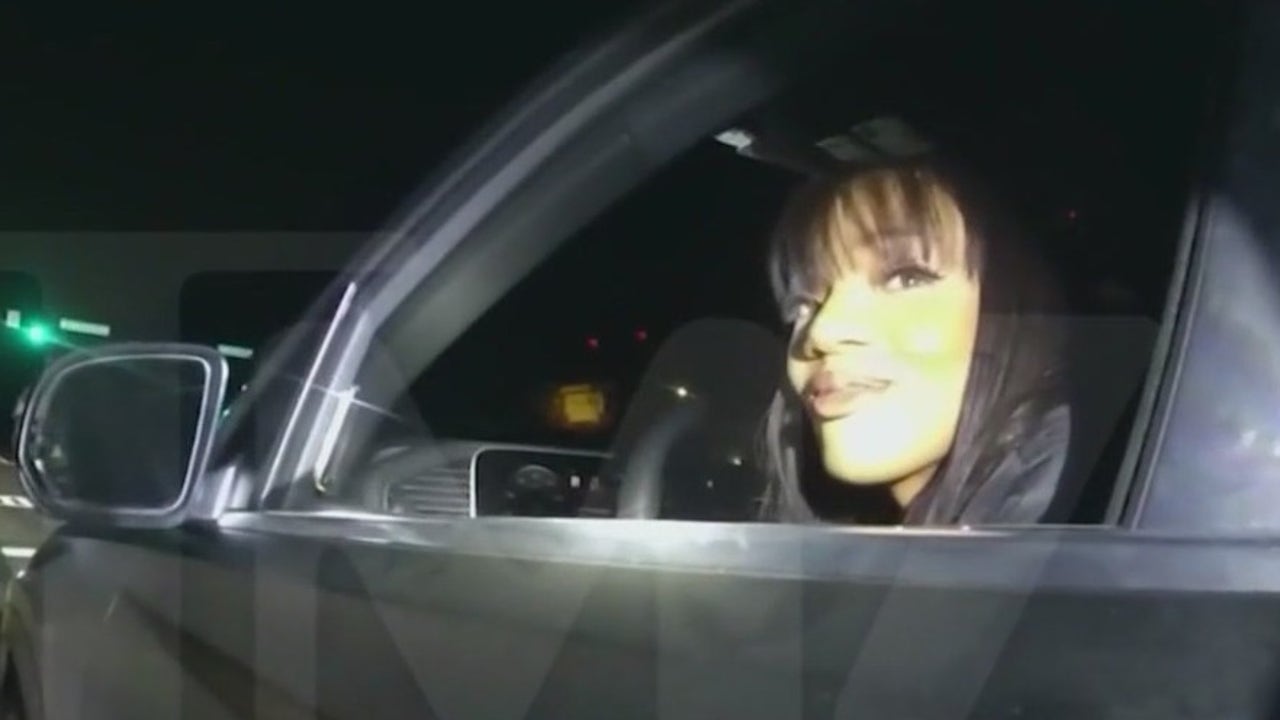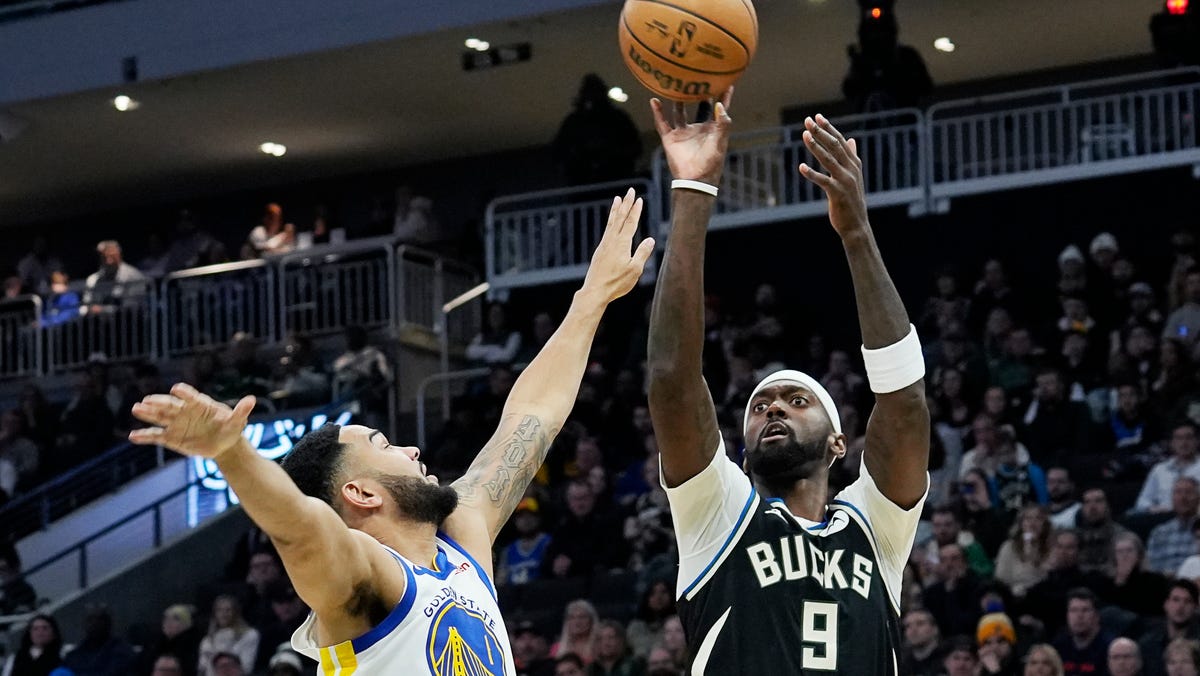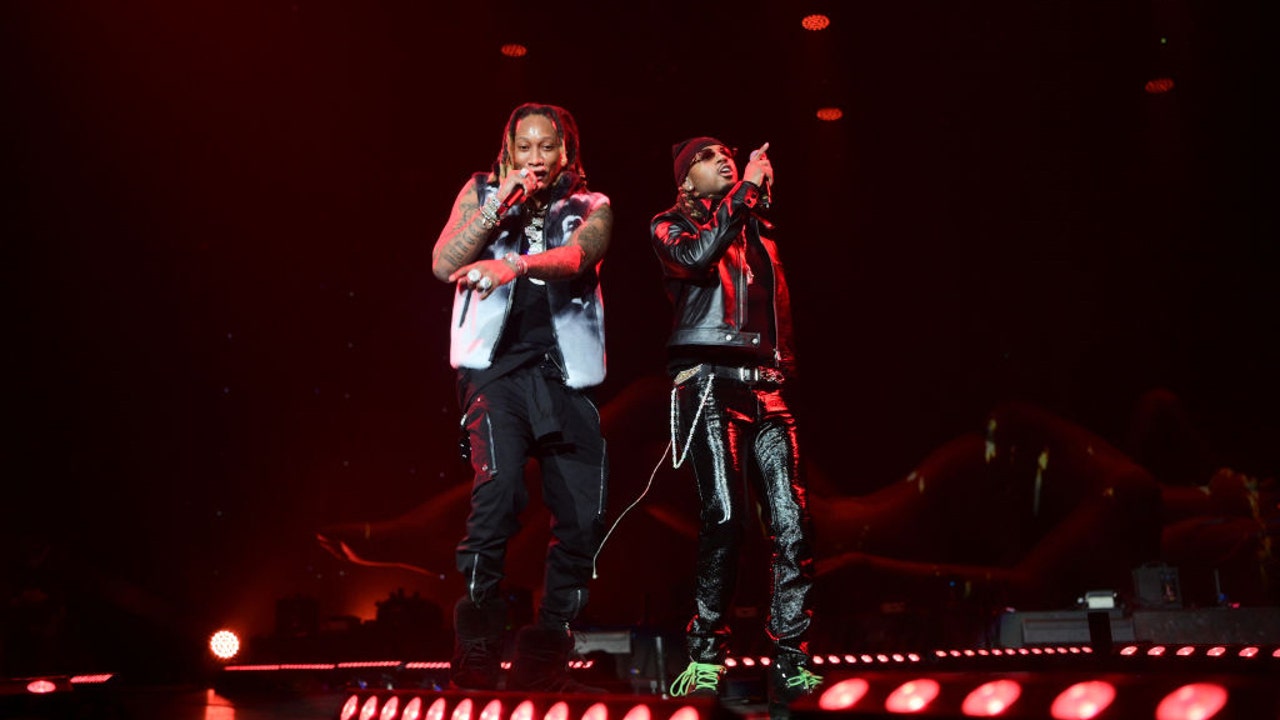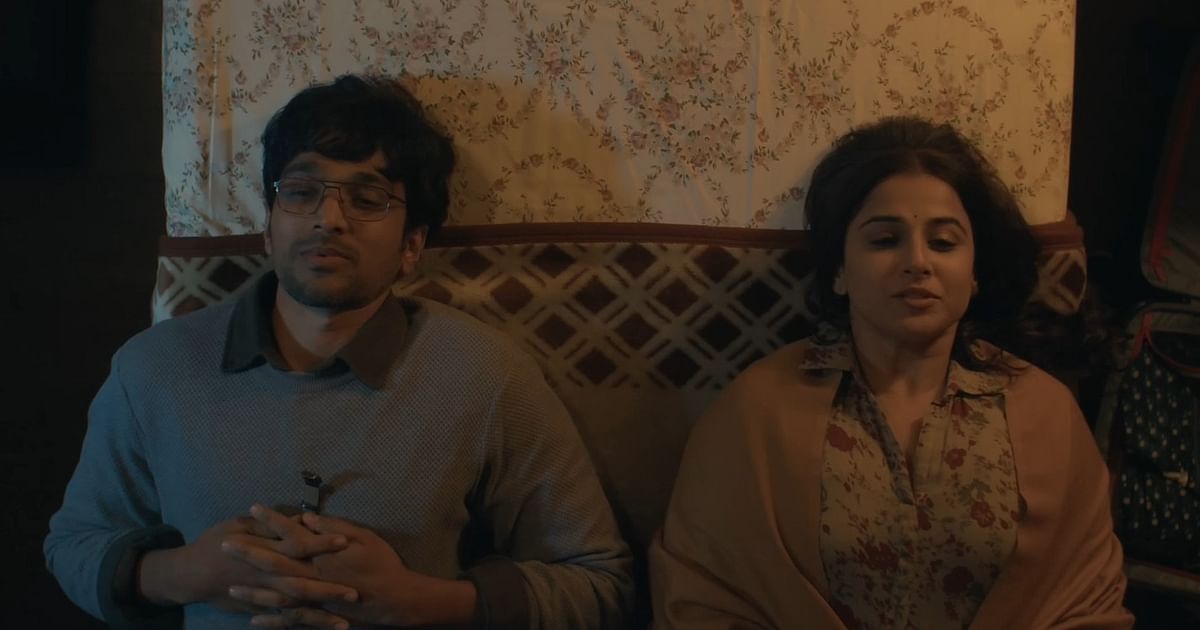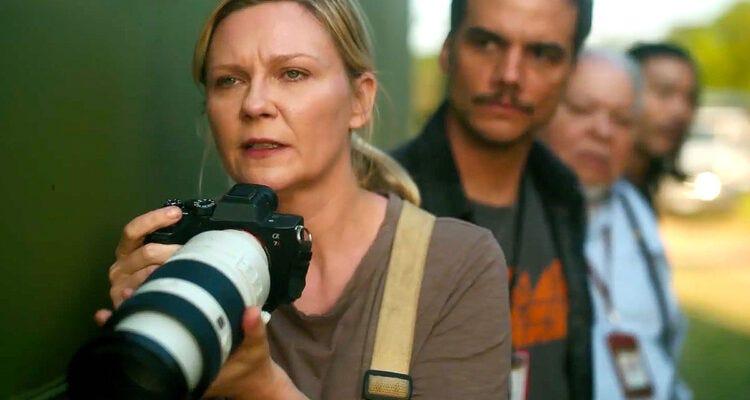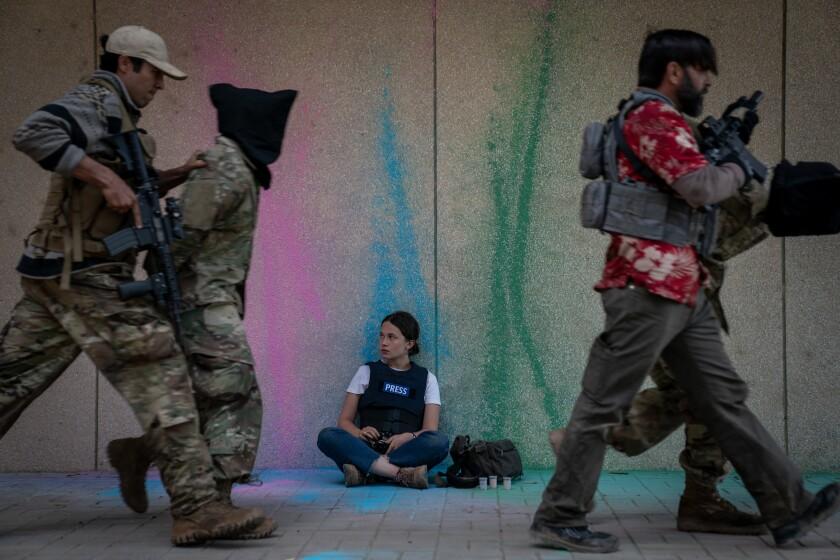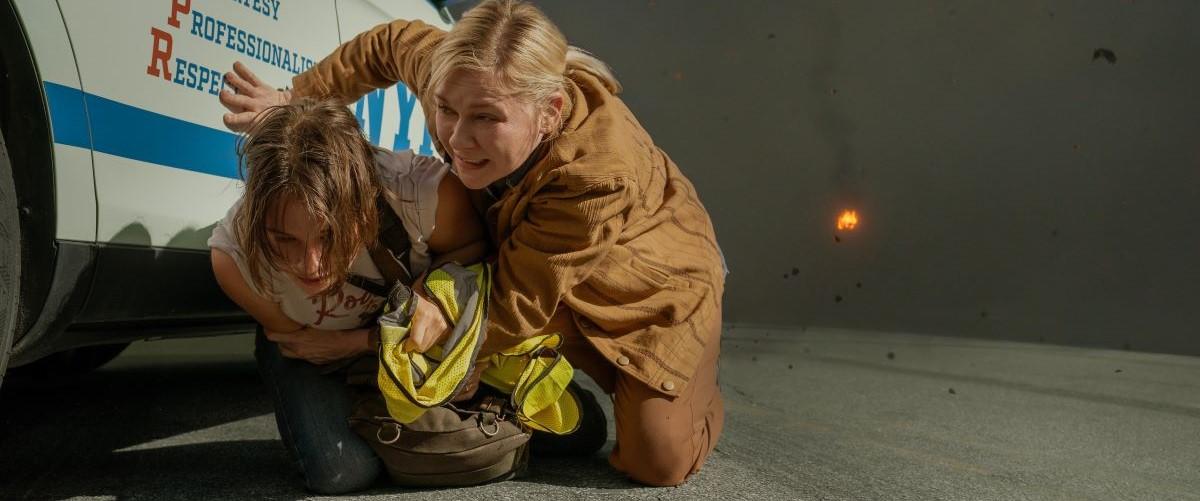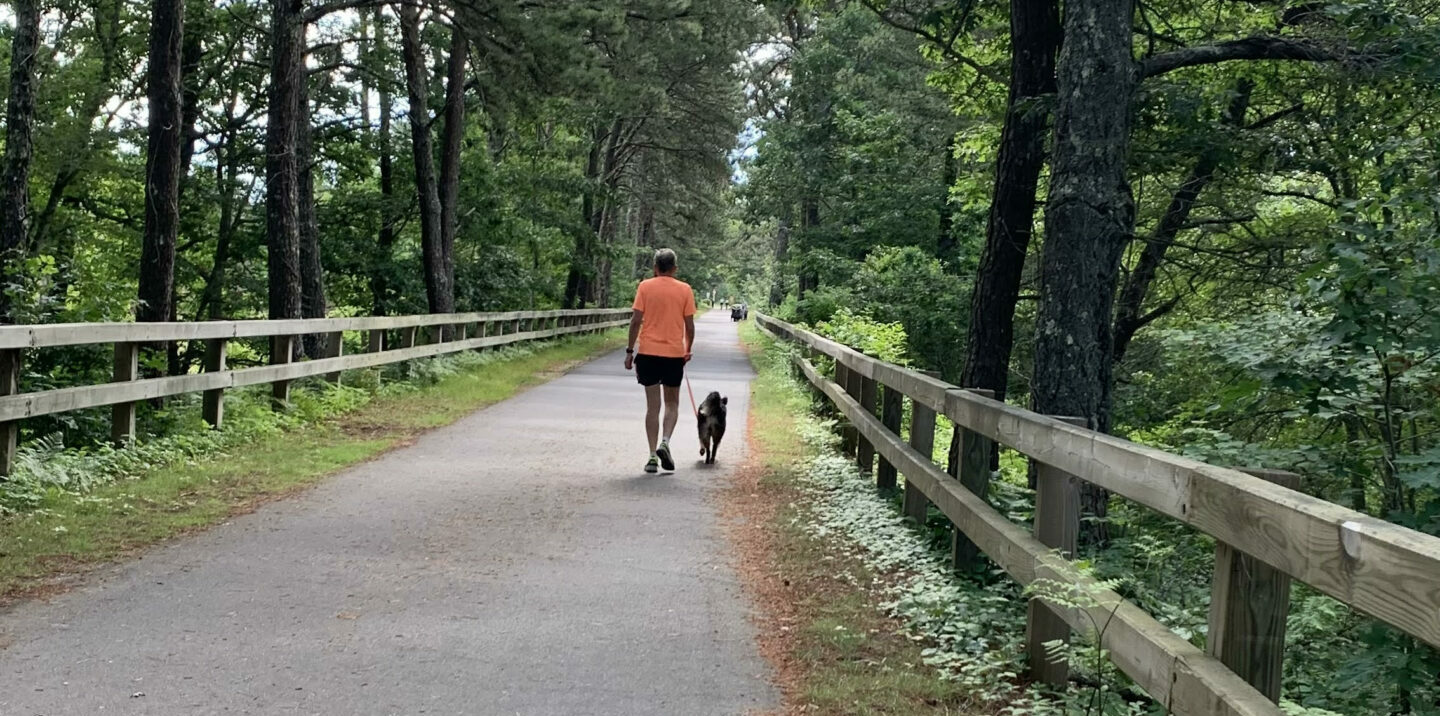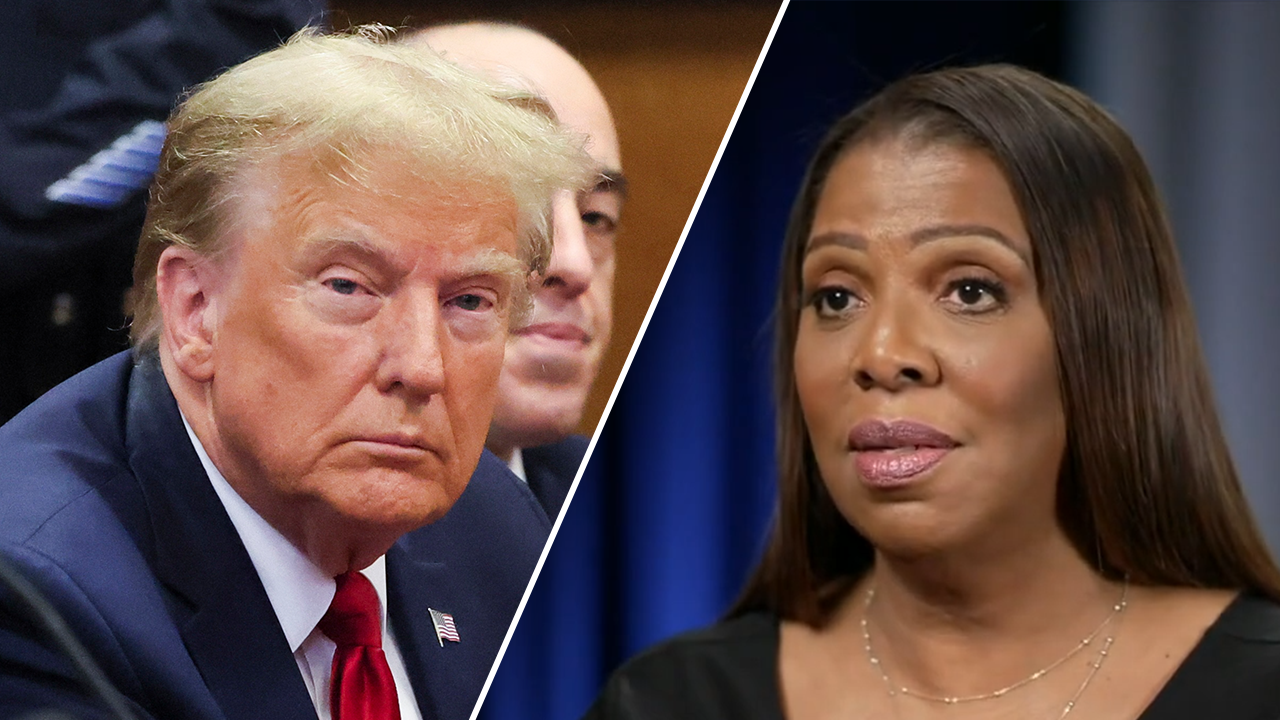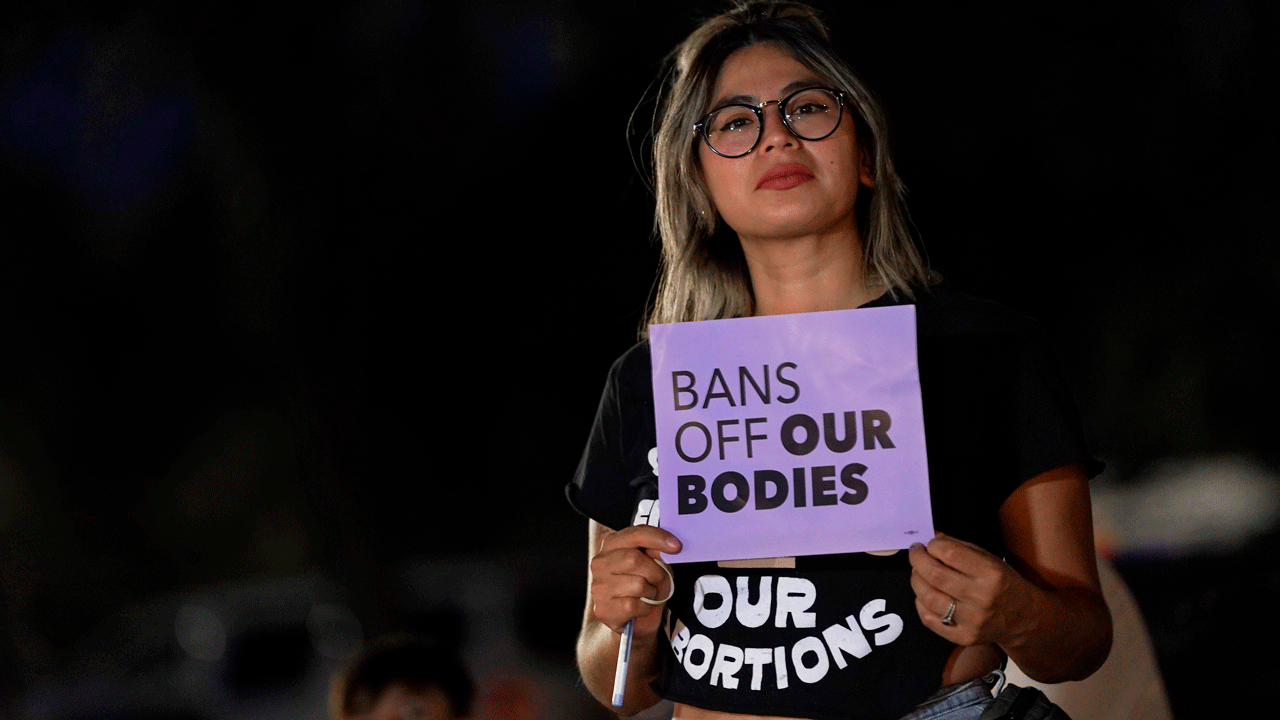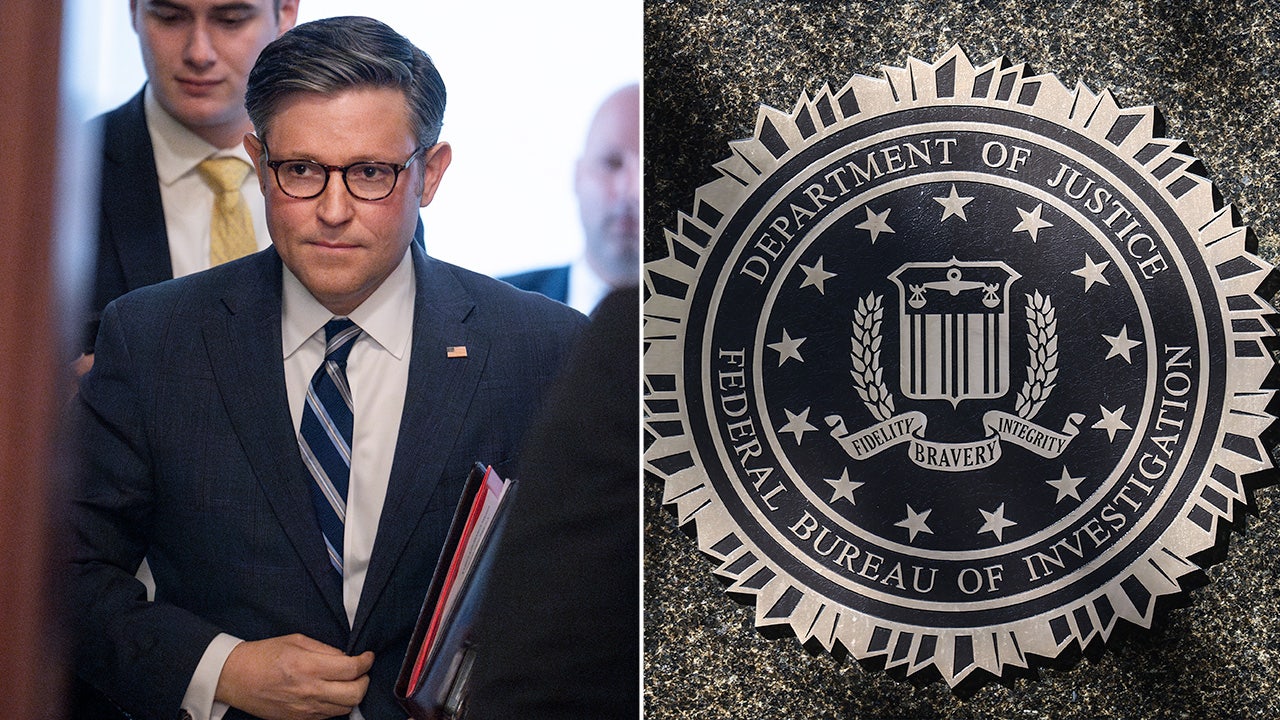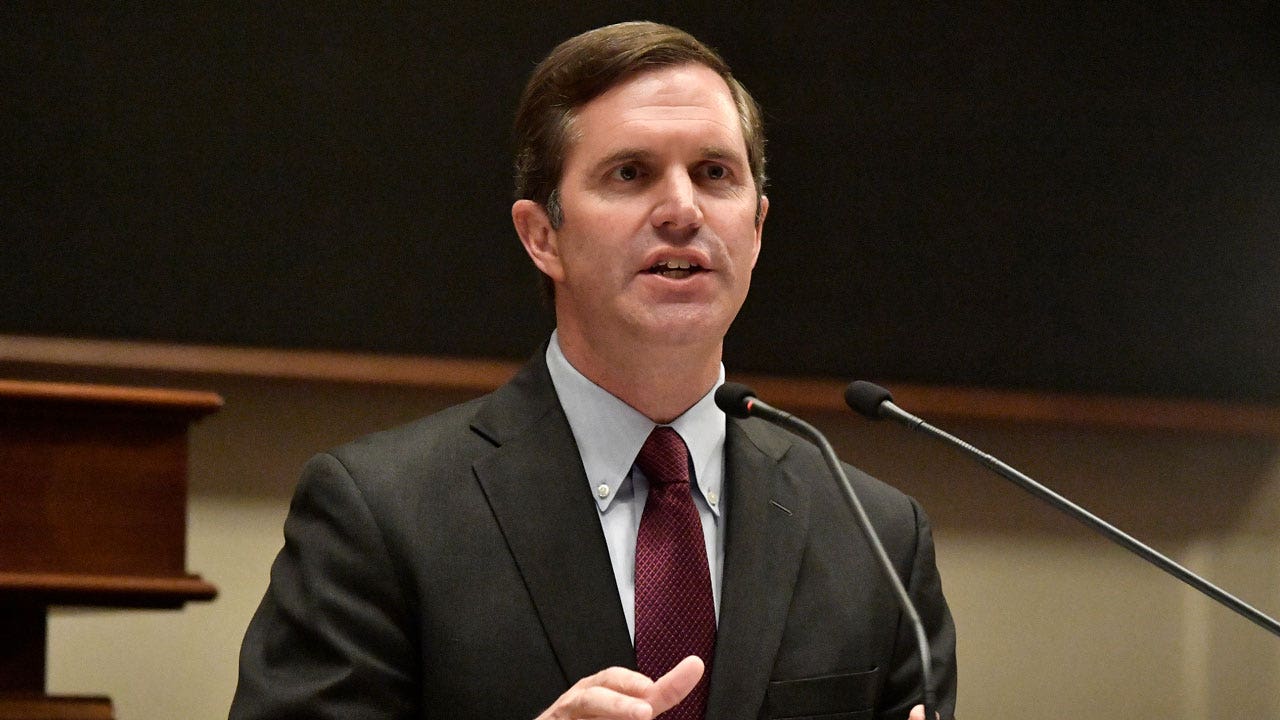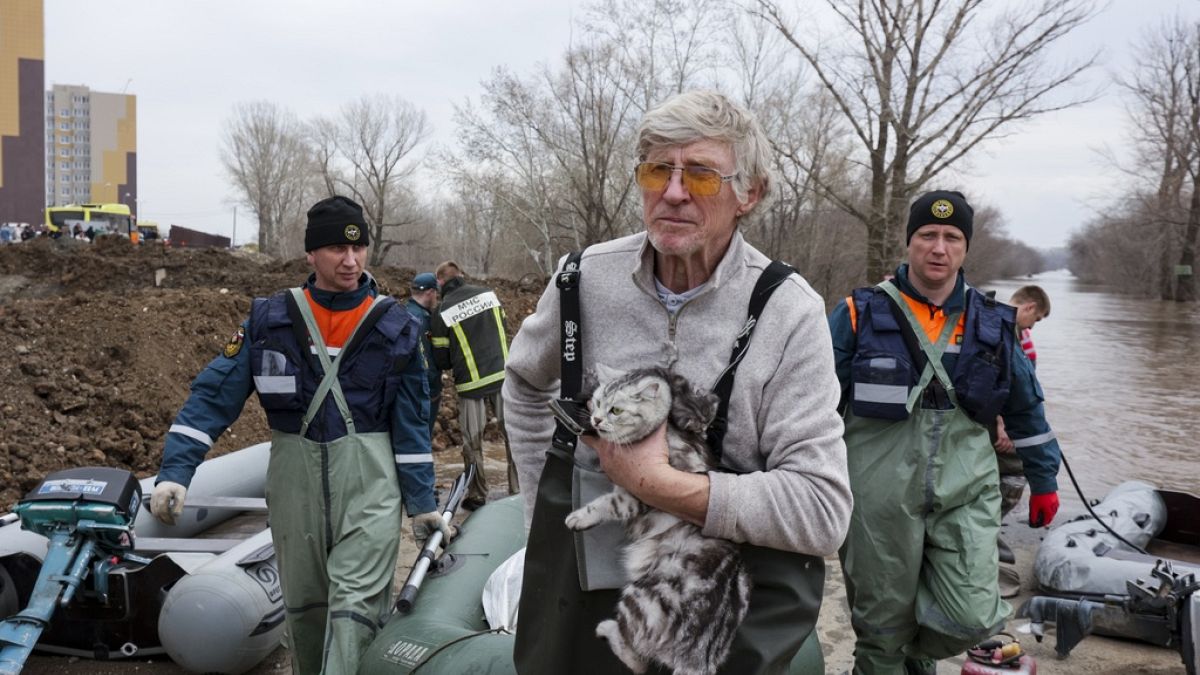Taylor Swift wrote so much “tortured poetry” over the past two years that she didn’t know what to do with it all.
In true TSwift fashion, the pop star surprised fans with 15 bonus songs two hours after releasing “The Tortured Poets Department” on Friday. The second installment, titled “The Anthology,” was not a true shocker to eagle-eyed Swifties who had observed the singer dropping hints about the number two since she announced the album in February at the Grammys.
With 31 tracks across the two albums, fans have been parsing through the songs and dissecting lyrics since the clock struck midnight. Here are the best songs from the double album.
‘So Long, London’
Even with its stunning melody, the lyrics are the star of this song. Fans are speculating that the track is a sequel of sorts to “London Boy” from 2019’s “Lover,” which details the highs of her relationship with former longtime partner Joe Alwyn. “So Long, London” follows Swift’s tradition of saving the most devastatingly beautiful tune for Track 5, with a level of emotional vulnerability and truth that goes beyond what the singer usually shows. “I’m pissed off you let me give you all that youth for free,” Swift sings with an edge that could kill.
“And I’m just getting color back into my face / I’m just mad as hell ‘cause I loved this place / For so long, London,” she croons as she seamlessly slips back into the chorus.
‘Who’s Afraid of Little Old Me?’
In this searing indictment of the music business, Swift describes how the “circus life” made her “mean.” She mocks the rumors about herself that have surfaced during her time in the spotlight and executes it all with raw, fiery vocals. In the chorus, she jumps the octave to scream the song’s title — it’s haunting and unforgiving. The impactful chorus makes this song more memorable than some of its melodically repetitive peers.
‘But Daddy I Love Him’
Only Swift could pull off a song that simultaneously calls out her fan base and instantly becomes one of their favorites. In this track, which seems to address the criticism Swift faced for her brief relationship with controversial The 1975 frontman Matty Healy, Swift says she would rather “burn [her] whole life down” than “listen to one more second of all this bitching and moaning” about the fling. The verses lean into Swift’s country roots then bloom into a familiar pop-infused chorus.
Swift is probably the only artist who could squeeze the phrase “sanctimoniously performing soliloquies” into an upbeat tune.
‘I Can Do It With a Broken Heart’
This sparkling song is a classic move of Swift’s: an upbeat tune that just makes you want to dance. But that bubbly melody is accompanied by some of her most crushing lyrics (have you listened to the bridge of “Cruel Summer” lately?). Through those crushing lyrics, Swift admits that while she was selling out stadiums and bringing the dazzling Eras tour across the country this summer, she was reeling from her breakup with Alwyn.
“All the pieces of me shattered as the crowd was chanting, ‘More,’” she sings. The incongruity of the lyrics and the peppy melody convey the pain she was experiencing at the height of her career. “You know you’re good when you can even do it with a broken heart,” she sings, cheekily adding, “Try and come for my job,” to close out the track.
‘The Black Dog’
This soft ballad opens the second installment of the album with a startlingly relatable breakup experience: checking her ex-boyfriend’s phone location, which he forgot to un-share. She details her ex, presumably Alwyn, walking into a bar called the Black Dog (in London), leaving her wondering how he doesn’t miss her more. “Old habits die screaming,” she sings, suggesting she’s having a difficult time letting go of the relationship.
‘The Smallest Man Who Ever Lived’
In another song rumored to be about Healy, Swift says she doesn’t want her ex back, she just wants to know if “rusting [her] sparkling summer was the goal.” The scathing song details the end of a relationship that deeply affected Swift; “I would’ve died for your sins / Instead I just died inside,” she sings. The bridge is one of the best on the album, with haunting lyrics and stellar production.
‘So High School’
“So High School” boasts one of the album’s stickiest melodies, recalling a late-’90s or early-2000s nostalgic sound, which is mirrored by the sentimental lyrics. The tune is rumored to be about Swift’s relationship with Travis Kelce, which, per this song, ignites a child-like giddiness in her. Like “The Alchemy,” some of the lyrics are a little too on the nose about footballer Kelce (“You know how to ball, I know Aristotle”), but the wispy vocals and nostalgic Aaron Dessner production set it apart as a top song from the lot.
‘Florida!!!’ (feat. Florence + the Machine)
Fans were eagerly anticipating the collaboration between Swift and Florence Welch of Florence + the Machine, and it didn’t disappoint. The duo sings that the titular state is “one hell of a drug” in the rousing song about not feeling at home anywhere they go. The escapist anthem features plenty of Welch’s rich vocals, to the relief of fans who have criticized the singer for quick features by past collaborators, notably Lana Del Rey in “Snow on the Beach.”
‘Peter’
Referencing the story of Peter Pan, this ballad explores the pain of distance growing between Swift and someone from her past. She says “Peter” was going to grow up and then return for her but he never does. This song marks the second time Swift has alluded to the story of Peter Pan, with the first mention in “Cardigan” from “Folklore”: “Tried to change the ending / Peter losing Wendy.” Despite its repetitive chorus, the melody is stirring and reminiscent of “New Year’s Day,” a fan favorite from “Reputation.”
‘Down Bad’
“Down Bad” is a pure pop hit, with a clear influence from producer and longtime Swift collaborator Jack Antonoff. The moody chorus (“Now I’m down bad, cryin’ at the gym / Everything comes out teenage petulance / F— it if I can’t have him / I might just die, it would make no difference”) is coupled with a catchy, made-for-radio tune. The song feels like something out of a hybrid of “1989” and “Midnights.”

